10 Animal Species You'll See in Unexpected Places
Categories: Animals
By Pictolic https://pictolic.com/article/10-animal-species-you39ll-see-in-unexpected-places.htmlEveryone knows that lions can be found in Africa, buffaloes in North America, kangaroos in Australia, and so on. These are endemic species of animals and it is not unusual to see them there. In this list, we will break some misconceptions: animals can live where you did not expect to see them.
These animals are not just runaway pets: they thrive in these areas, and their populations spread over large areas. The next time someone says that they saw some unusual animal on the road, try to believe them - maybe they are not lying!
(Total 10 photos)
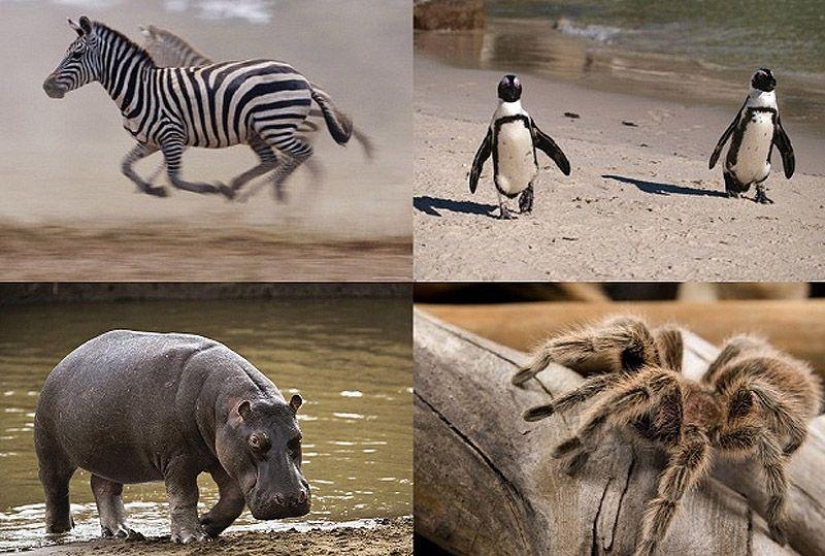
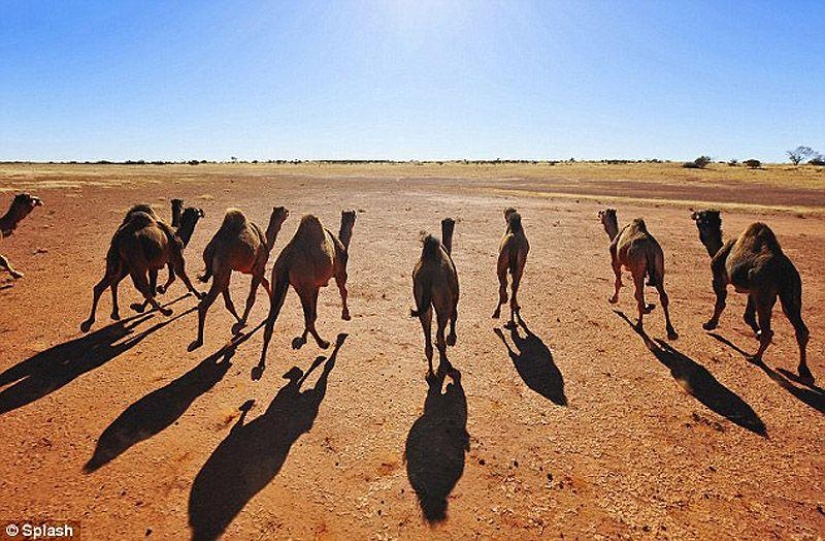
1. Camels in Australia
Camels are commonly found in Africa and parts of Asia, but Australia also has a wild population of 1 million. The population reproduces at an incredible rate, doubling every 9 years. Camels were brought into the country by Conrad Multe-Brun, who needed camels to explore the uninhabited Australian deserts. From the moment they arrived, the camels became pests, eating plant leaves and destroying infrastructure in search of water. It happened that camels broke into houses to drink from the toilet. Because of this, hunters are allowed to kill camels, but their population is still growing.
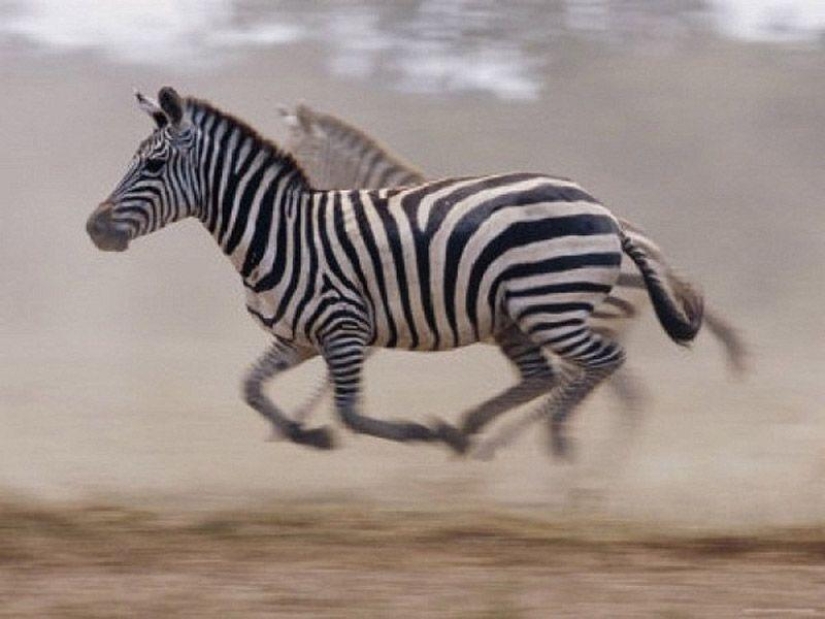
2. Zebras in Texas
There is a ranch in Texas where hunters are allowed to kill zebras for a high price. People brought zebras to Texas, where they began to breed. People do not interfere in the affairs of the population, but only regulate the number of livestock through hunting. The ranchers do not feed them or force them to breed, this is a completely wild population of zebras. The temperature and environmental conditions of Texas are similar to those of Africa, which allows zebras to breed and lead a full life.
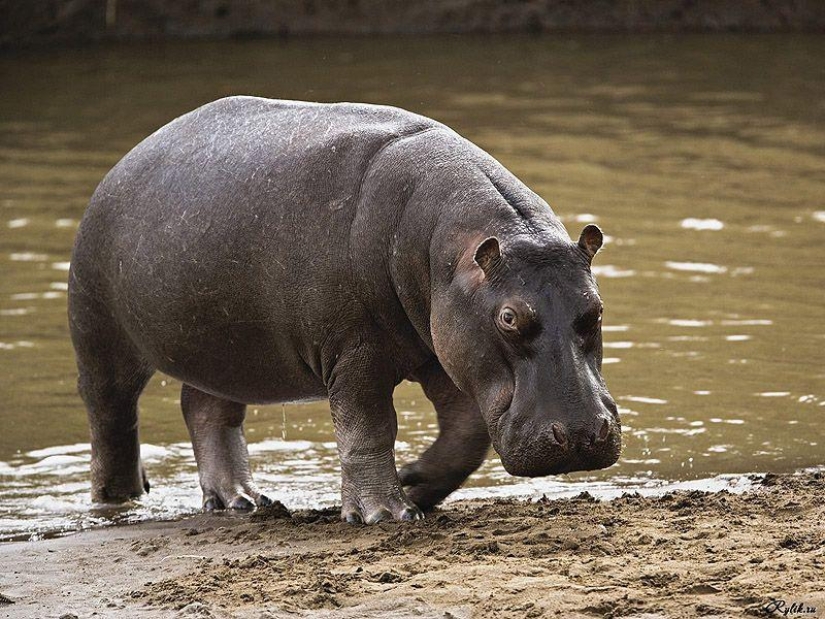
3. Hippos in Colombia
In the 1980s, famous drug lord/billionaire Pablo Escobar built a zoo in his backyard. One of his favorite animal species was four hippos from Africa. After his death, the authorities decided that the animals were too big and dangerous to be transported anywhere and left them to die. Instead, the animals were able to escape into the wild, where they still live today. By 2007, the population had grown to 16 individuals living in the Magdalena River. When Escobar reflected on his legacy, he hardly imagined that he would leave wild hippos behind.
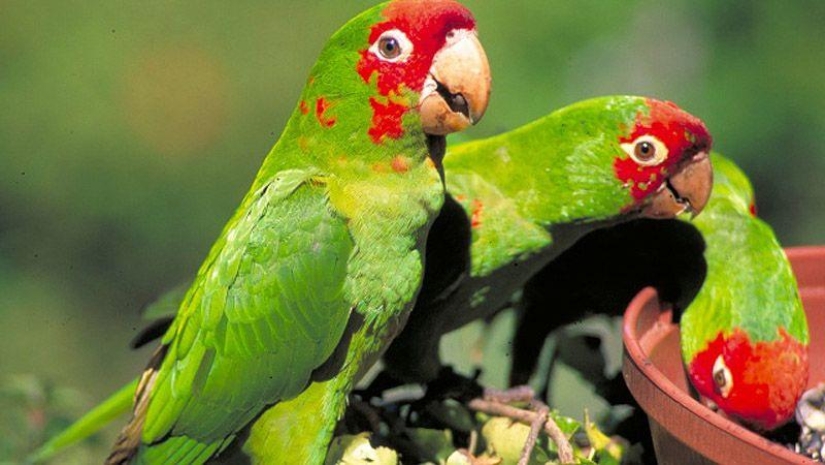
4. Parrots in San Francisco
Most wild parrots live in the jungles of South America and are often kept as pets for their beautiful coloration. In San Francisco, several parrots flew away from their owners. Unlike other runaway pets, the parrots survived and began to breed, settling in the Telegraph Hill neighborhood. The Telegraph Hill parrots have become popular and are now a tourist attraction. Their population has already reached 100 individuals. Beautiful green and red birds are very friendly and love to be fed.

5. Monkeys in Florida
Freestyle primates (other than humans) do not live in the continental United States of America. However, in the wet swamps of Florida, in Silver River State Park, there is a colony of rhesus monkeys. In 1938, a boat tour operator released the monkeys into the wild in an attempt to attract more tourists. After 60 years, an already existing colony received new individuals after Hurricane Andrew. During the hurricane, animal testing laboratories were destroyed, resulting in several more macaques being released into the wild. Despite their good-natured appearance, these creatures are violent and strong enough that tourists are advised not to approach them.
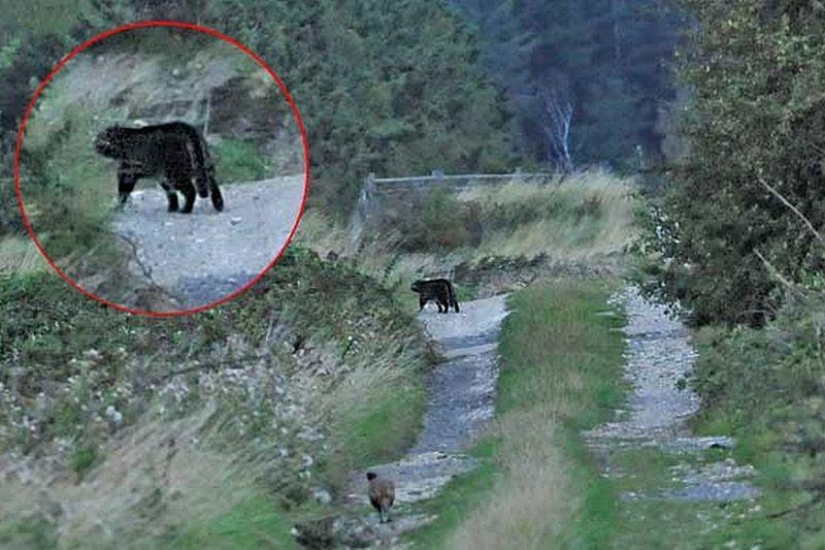
6. Panthers in England
Although none of the official government organizations admit this, there is a belief that there are several large cats living in England, about which 3-4 eyewitness accounts are received daily. People who have seen the animals describe them as "big and black", similar to panthers. There are several possible explanations for the appearance of animals, but the leading theory is related to the Dangerous Wild Animals Act, passed in 1976. When the law came into force, huge fines were to be imposed on owners of dangerous animals. Because of this, many such owners have released "pet" pets, including panthers, into the wild.
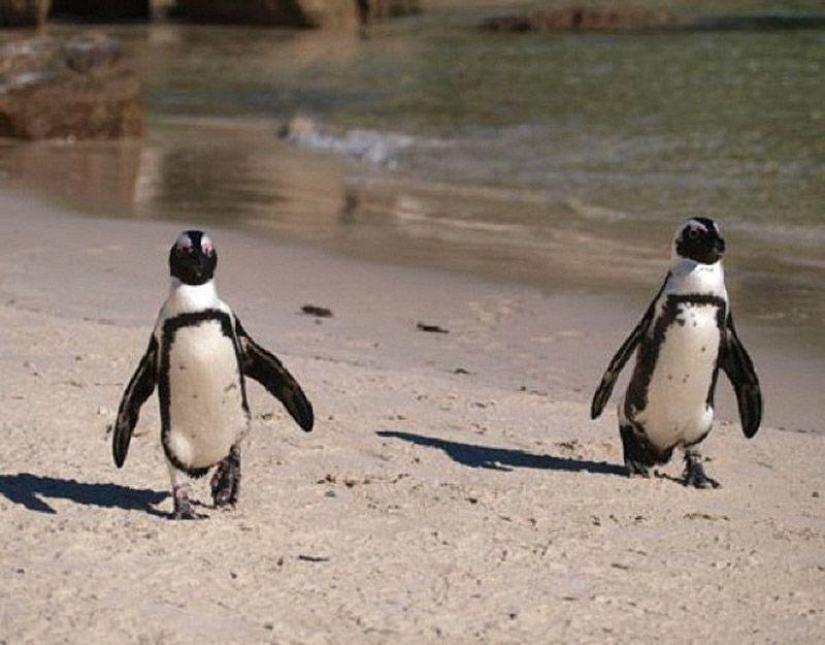
7. Penguins in South Africa
Penguins are associated with frozen wastelands and floating glaciers. In fact, there are other penguins, such as the African (also known as the spectacled) penguin. Unlike emperor penguins, which prefer cold climates, African penguins live on the warm beaches of South Africa. Most often they are in the water, but sometimes they can be seen on the ground. Lucky beach goers can sometimes enjoy swimming in the crystal clear waters with these smart creatures.
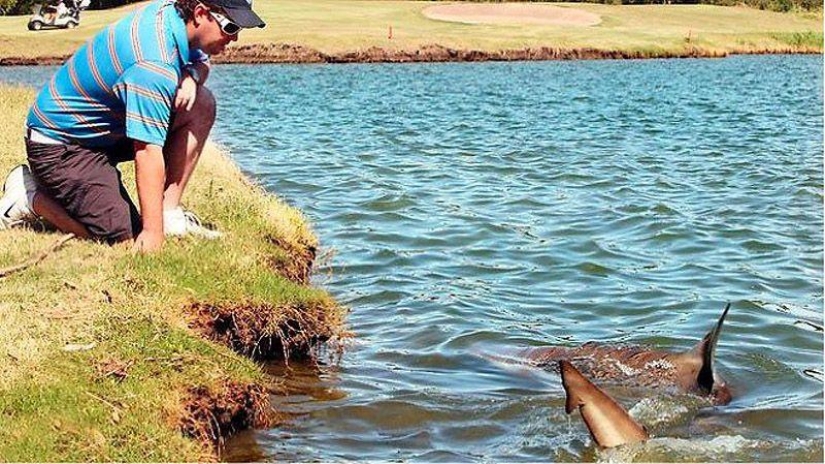
8 Sharks In Landlocked Lakes
The bull shark is perhaps the most famous freshwater shark to be found in rivers and bays. In a rare set of circumstances, flooding can carry sharks across land and into landlocked lakes. A similar set of circumstances happened in 2007 in Australia, as a result of which 10 bull sharks fell into a lake on a golf course. Several months passed, and the sharks continued to live there, multiplying and increasing in size. Despite the dangers involved, golfers and golf course owners love sharks because kids stop coming to the lake to pick up lost golf balls.
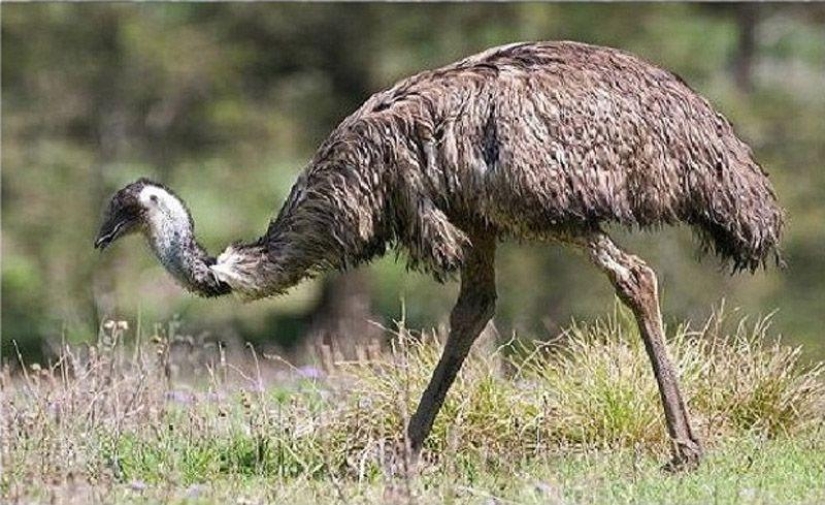
9. Emu in Texas
Once again, Texas is home to a population of unusual animals - this time, a population of emus. In the early 1990s, some Texas farmers believed that emu farming could make a lot of money. When the investment didn't pay off, many emus were left to fend for themselves in the desert. Given that their natural habitat in Australia is very similar to conditions in Texas - the emu population has flourished - today there are hundreds of huge, flightless birds living there.
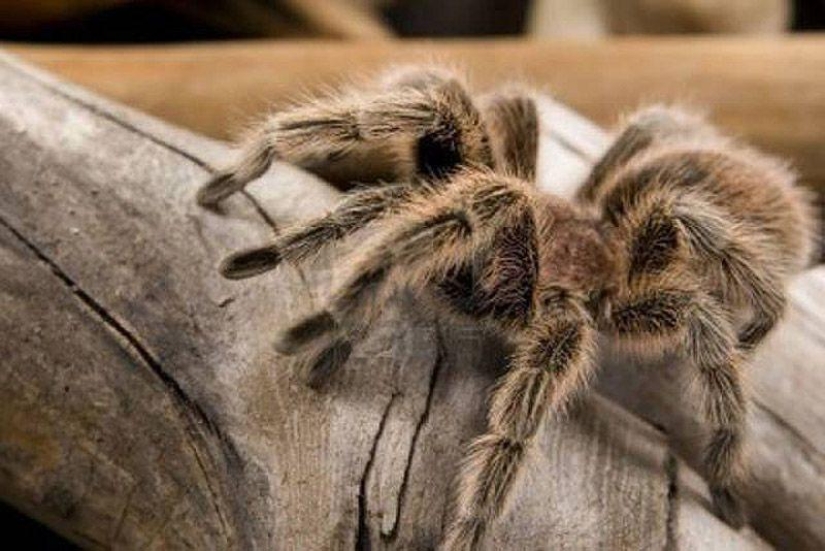
10. Tarantulas in England
If someone from England reads us - attention! If panthers weren't enough, you should also be wary of the Chilean Rose Tarantulas. These spiders, which grow to 25 centimeters, arrive in England in shipping containers from Central America. If there is a sufficiently hot and humid month in England, the spiders may begin to breed.
So far, no significant colony of spiders has been found, but several individual individuals have been found over the past few years. If you ever come across these spiders, do not approach them in any way - when a spider is in danger, it uses its hind legs to "shoot" poisonous hairs at a predator, which can cause severe pain and even blindness. Do what everyone else does when they see a huge spider - run wherever your eyes look!
Recent articles

It's high time to admit that this whole hipster idea has gone too far. The concept has become so popular that even restaurants have ...

There is a perception that people only use 10% of their brain potential. But the heroes of our review, apparently, found a way to ...
Related articles

Is age just a number in your passport? Yes, because sometimes you can become a real old man in your thirties, and some of them are ...

What better way to warm up in the winter time than mulled wine, a warm hug and a hot movie? Some Hollywood blockbusters over the ...

Citrus fruits will not surprise us — many people add lemon to tea every day, and tangerines are bought not only for the New Year. ...

New Year's is a time to surprise and delight loved ones not only with gifts but also with a unique presentation of the holiday ...